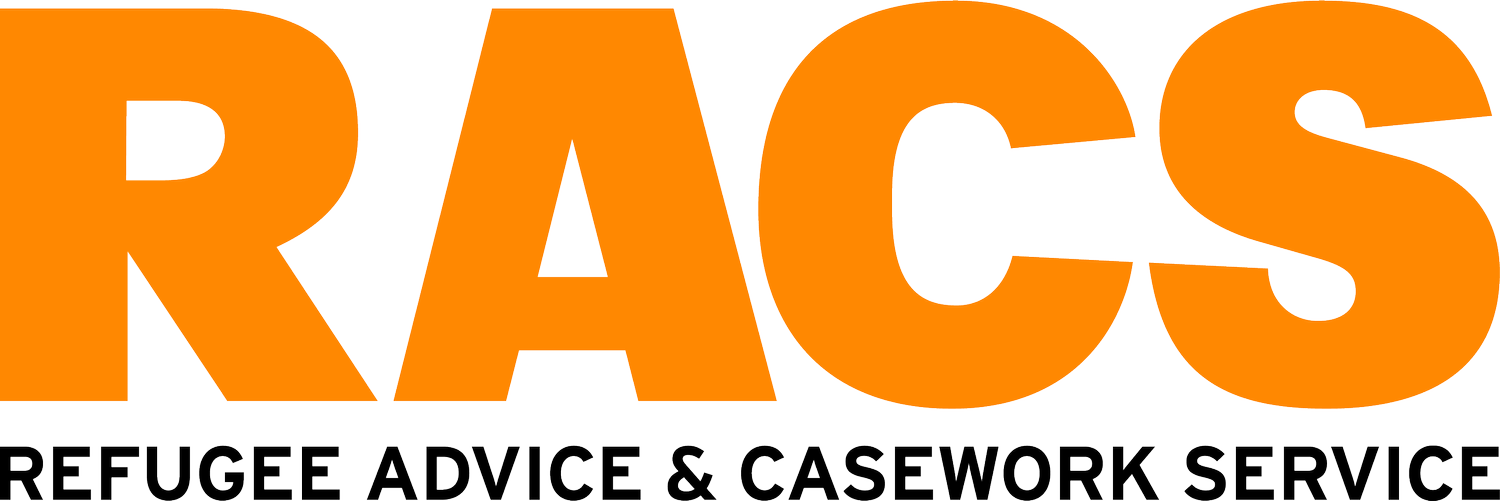Inquiry into the Administrative Review Tribunal Bill
RACS welcomes the opportunity to contribute to the scrutiny of the Administrative Review Tribunal Bill (ART Bill) and the Administrative Review (Consequential and Transitional Provisions No. 1) Bill 2023 (Consequential and Transitional Bill). Together, these Bills seek to abolish the Administrative Appeals Tribunal (AAT) and the Immigration Assessment Authority (IAA) to instead establish the Administrative Review Tribunal (ART). In accordance with the proposed ART Bill, the Tribunal must pursue the objective of providing an independent mechanism of review that:
Is fair and just;
ensures that applications are resolved as quickly, and with as little formality and expense, as a proper consideration of the matter permits;
is accessible and responsive to the diverse needs of parties to proceedings;
improves the transparency and quality of government decision-making; and
promoted public trust and confidence in the ART.
RACS routinely advises and assists non-citizen clients with challenging government decisions that fundamentally impact their safety from persecution, liberty, freedom from arbitrary and indefinite detention and ability to reunite with their families. The clients that RACS supports (that being people seeking asylum, refugees and the stateless) typically experience structural exclusion and intersecting barriers to accessing justice. Such barriers can include the profound impacts of trauma arising from the experience of persecution, limited English capabilities, complex mental health issues and financial distress. Accordingly, it is critical that any proposed reform to the administrative review system accounts for the profile of some its most vulnerable applicants to ensure that they are equally able to access a fair, just and independent mechanism of merits review.
We welcome many aspects of the Bills that seek to imbue integrity and accessibility in the ART, including the introduction of a merits-based appointment process, performance standards for decision-makers and the abolition of the IAA. However, the Bills fall short of meeting its objectives for migration and protection visa applicants who are subject to a distinctive procedural code that excludes them from some of the benefits of the proposed legislation. The decision to maintain a separate procedural code for non-citizens unjustly prevents these applicants from equality before the law. This distinction between citizens and non-citizens releases the ART from its obligations to comply with procedural fairness for the latter and is particularly egregious given the profile of stateless, refugee and asylum-seeking applicants highlighted above. It is these applicants who are most in need of greater flexibility and dedicated measures to improve accessibility.
Our submission draws directly from RACS’ experience in supporting clients to navigate the difficulties of accessing merits review in the context of their specific backgrounds. We make a number of recommendations that would bring the Bills closer in line with the purported objective of the proposed legislation enumerated above, with a particular focus on the objectives of accessibility and fair and just decision making.
